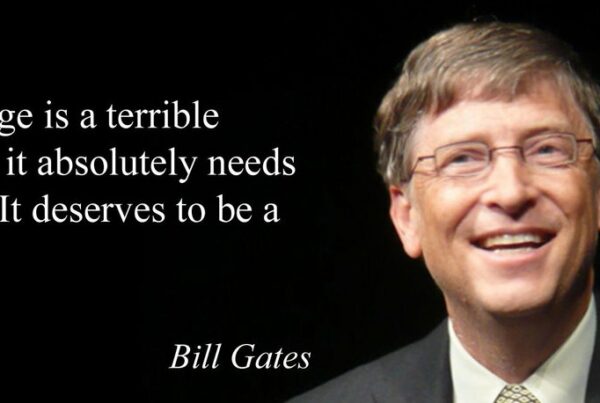“The Black Swan” summary
By philosopher, essayist, and trader, Nassim Nicholas Taleb
A “black swan,” according to philosopher, essayist and trader, Nassim Nicholas Taleb, is a highly consequential – but unlikely event – that renders predictions and standard explanations worse than worthless. Black swans have the power to shape the history of technology, science, business, and culture. All of us global citizens are living through and experiencing a black swan event right now with COVID19. Taleb’s key arguments in The Black Swan, published 13 years ago in 2007, are a bitter medicine but they provide a “powerful inoculation against gullibility.”
The modern world has been shaped by very rare events like World Wars I and II, the terrorist attacks of 9/11, the recession of 2008. Cultural fads, events, and inventions that seemingly came out of nowhere, in hindsight, seem inevitable. This a common pattern — unlikely events seem impossible when they are in the unknown or the future. After they happen, people change their perception of the world accordingly.
The human mind is wired to simplify the constant, infinite onslaught of data — running simplifications, mental schemas, heuristics, biases, and self-deception to concentrate on the task at hand without becoming overwhelmed. However, this evolutionary trait of cognitive function has its cost.
“We like stories, we like to summarize, and we like to simplify, i.e., to reduce the dimension of matters,” writes Taleb. Because of this tendency, people seek out stories to help remember and make sense of the past. Success stories are often taken at face value without considering narrative fallacy, which means that people have theories that they seek out confirming evidence to support (i.e., “confirmation bias”). Next, people become overconfident about their ideas and fail to account for randomness; the story is smoothed out to make the theory work via a historical sequence and patterns that may not have occurred. Experts are sought, but often, they are no better. It is in this frame of mind that people do not see the “black swans” coming that will inevitably disrupt their versions and drive history’s true direction.
Taleb provides an anecdotal explanation for how humans tend to smooth away the rough features of reality with “Mediocristan” or “Extremistan.” Mediocristan refers to phenomena that could be described with standard statistical concepts, such as the Guassian distribution (“bell curve”). Extremistan refers to phenomena where a single, curve-distorting event or person can radically skew the distribution. Essentially, no one, even those that claim that they can, can predict the “next big thing.” “Prognosticators” typically miss the big important events — the black swans that impel history. Taleb says to chalk these errors up to “nerds and herds” — nerds being people who only think in terms of the tools they have been taught to use, and herds representing how humans look to experts for guidance. A black swan phenomenon is wildly random, which requires experts to eschew some level of comfort into the belief system that the world is orderly and uniform (which it typically isn’t).
Taleb says it is possible to befriend a black swan by cultivating virtues, such as:
- Keep your eyes open for black swans – Realize when you are in Extremism rather than Mediocristan.
- Beliefs are “sticky,” but don’t get glued to them – Revise your beliefs when confronted with contrary evidence.
- Know where you can be a fool and where you can’t – Sometimes foolishness is dangerous, and sometimes it is benign.
- Know that in many cases, you cannot know – Think outside customary, conceptual categories; eliminate alternatives that you know are wrong.
- As a forecasting period lengthens, prediction errors grow exponentially – Be wary of overly precise predictions.
- Expose yourself to “positive black swans” – Look for asymmetries where favorable consequences are greater than unfavorable ones.
- Look for the nonobvious – Seek out disconfirming evidence for pet theories.
- Avoid dogmatism – Remember that stories mislead.
The current pandemic is a black swan that shakes our beliefs, our forecasts, and our comfortable narratives. Looking back it will be a pivotal moment in history that changed everything from business to technology to culture to governing policies, and every space in between. Even though not being able to predict the end of the tunnel is frustrating, we can be heartened by the knowledge that what we are experiencing right now is enough to guide us towards a more informed future. Taleb writes, “This universe, this planet, and your life were highly unlikely. But they happened. Enjoy your good fortune and remember that you are a black swan.”











